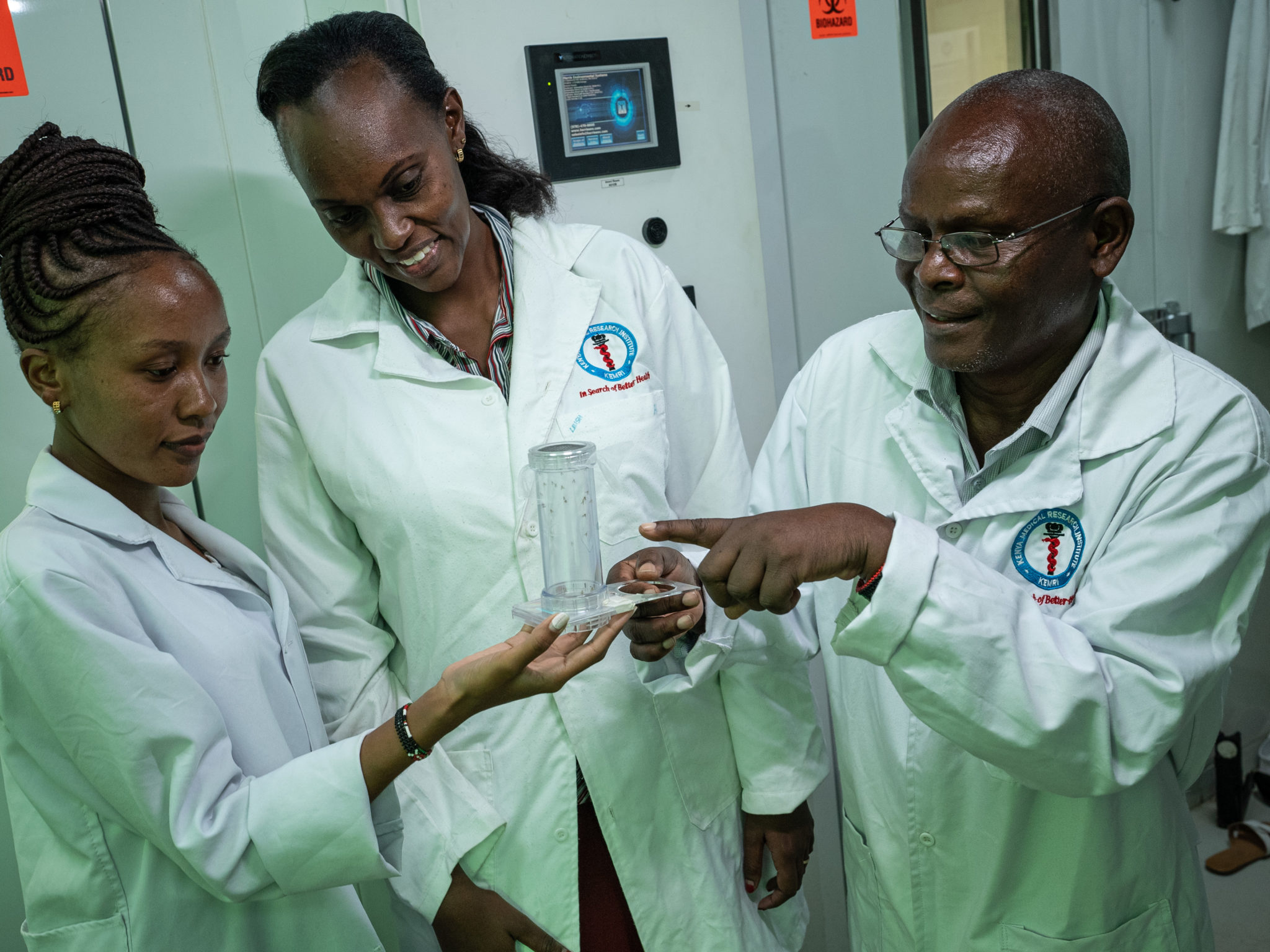May 28, 2024
2:00 pm - 3:30 pm
One of the challenges – and injustices – of fighting neglected tropical diseases (NTDs) is that much of the world’s drug, vaccine, and diagnostics R&D infrastructure, clinical research capacity, and related funding is in the so-called “global north”, but the vast majority of the 1.6 billion people at risk or in need of medical intervention for the prevention, diagnosis and treatment of NTDs is in the “global south”, along with most of the relevant disease-specific clinical knowledge and expertise. We saw the consequences of this imbalance during the COVID-19 pandemic in the inequitable access to vaccines. A second major challenge is that there is little market incentive for diagnostics and pharmaceutical companies to invest in medical innovation for NTDs.
Emerging pandemic preparedness efforts have much to learn from the varied research platforms for NTDs, where researchers have built productive collaborations, bringing together clinicians and scientists and their research institutions, national disease control programmes, health ministries, regulatory authorities, universities, and pharmaceutical and diagnostics companies in Asia, Africa, Europe, and the Americas.
NTD-focused research platforms for the evaluation of new treatments and diagnostics include the Leishmaniasis East Africa Platform (LEAP), the HAT Platform for sleeping sickness in Africa, the Chagas Platform in Latin America, and, more recently, the cross-regional Dengue Alliance. In addition to partnering in the essential clinical research that has led to improved tests and treatments in recent years, these collaborations have also supported an increase in epidemiological research, strengthened the research ethics and regulatory environment, and built pharmacovigilance and post-market surveillance capacity.
With the support of global health funders and the engagement of civil society and affected communities, these platforms and partnerships have led to important increases in clinical research capacity in endemic countries and promoted scientific exchange, ultimately leading to the development of safe and affordable new drugs and diagnostics for NTDs – and overcoming the barriers of market-driven research.




Switzerland, Speaker
FIND



Established in 2006 by the University Hospitals of Geneva (HUG) and the University of Geneva (UNIGE), the Geneva Health Forum (GHF) is a Swiss not-for-profit initiative that brings together a diverse range of stakeholders to discuss and address global health challenges.
The GHF plays a pivotal role in the global health landscape, as a neutral and inclusive platform, fostering dialogue and collaboration among key players in the field, including policymakers, representatives from academia, civil society, and the private sector.
Its core mission is to facilitate constructive dialogue among these global health actors, which, in turn, contributes to the improvement of health policies and access to care worldwide. The Geneva Health Forum proudly collaborates with some of the most prominent international organizations based in Geneva.